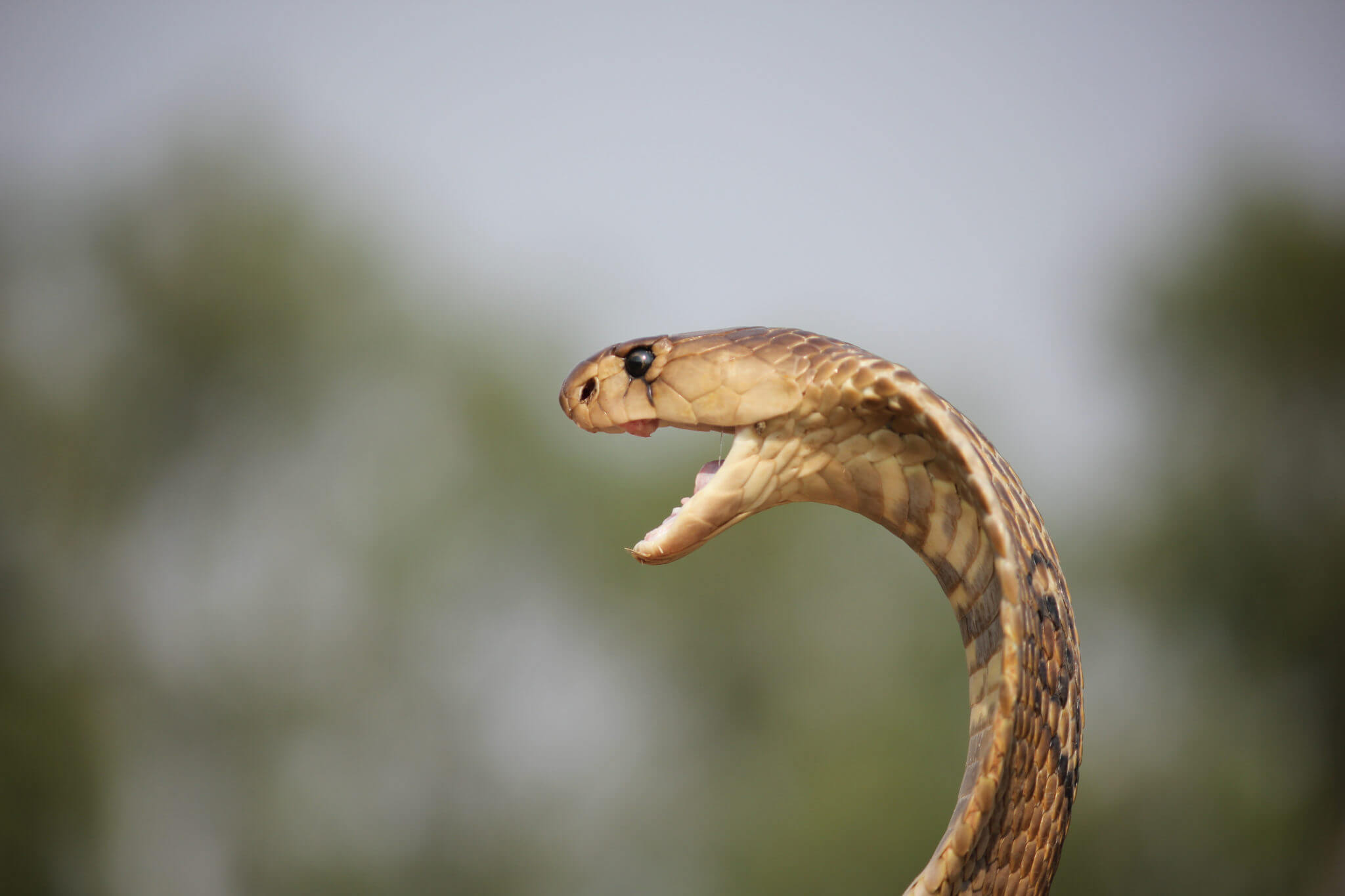I’ve always been fascinated by the Cobra Effect. As a marketeer who works with clients to change perceptions around brands or products, understanding human behaviour is essential. But people are unpredictable and often things that should logically pan out can backfire in a big way. Last month, in the UK, a leaked memo suggested the Government were considering paying £500 for a person to self isolate with COVID symptoms, irrespective of their income. Enforcing self-isolation is near impossible, So it’s easy to see why it could make sense to offer a financial incentive to stay at home if you have been in contact with someone with COVID. But before the UK plunges deeper into COVID debt, let’s consider the snakes.
The Cobra effect occurs when incentives designed to solve a problem end up rewarding people for making it worse. The term originated in an anecdote that describes an occurrence in India under British rule. The British government was so concerned about the number of venomous cobras in Delhi it offered a bounty for every dead cobra. Initially, this was a successful strategy and large numbers of snakes were killed for the reward. However, unscrupulous entrepreneurs began to breed cobras. When the government became aware of this money making exercise, the programme was scrapped, leaving cobra breeders with thousands of worthless snakes which they then freed, thus increasing the wild cobra population.
Similar events have occurred with rats in Vietnam, feral pigs in Georgia, a gun buyback scheme in California as well as environmental incentives. Credits for the destruction of a damaging coolant HFC-23 were finally suspended in the European Union in 2013 after companies started to produce the damaging gas to collect millions of dollars in carbon credits.
Similarly, the infamous Cash for Ash fiasco in Northern Ireland shines a burning spotlight on the law of unintended consequences. The renewable heat initiative started in 2012 as a well-intentioned UK-wide effort to reduce carbon emissions by switching from fossil fuels to renewable sources. However, the Government department made the subsidy more valuable than the cost of wood pellets used to heat boilers. Subsequently, boilers were left on 24/7 pumping out more CO2 than ever. One farmer who heated an empty chicken shed anticipated making £1m over 20 years, costing the UK government almost £500m.
Turning back to COVID – in October 2020, Brigham Young University issued the following warning: “Students who . . . have intentionally exposed themselves or others to [Covid-19] will be immediately suspended from the university and may be permanently dismissed.” No coincidence that the local donation centre was offering $100 per donation visit for those with Covid-19 “convalescent plasma.”
When it came to the concept of offering £500 for a positive COVID test, it’s possible that someone in the UK Government’s Behavioural Insights Team, better known as the ‘Nudge Unit’, flagged that giving people a lump sum cash sum could in fact provide an incentive for people to contract COVID and in fact boost the spread of the virus rather than limit it. If you get COVID perhaps you can charge a few quid for some unmasked, close contact time with limited handwashing. It’s probably why the policy was quickly and almost quietly scrapped.
Whilst the Cobra Effect now seems obvious, it’s often not clear at the start of a well-intentioned policy that the outcome could be worse. When it comes to human behaviour, asking ‘what could possibly go wrong’ is a good place to start.
